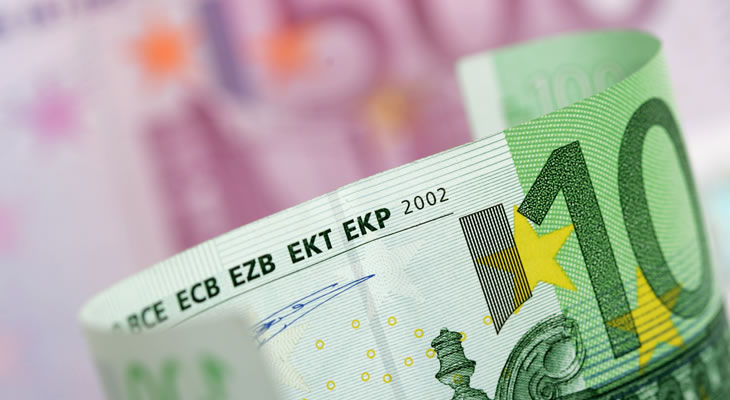Ahead of the latest commentary from members of the Bank of England (BoE) Monetary Policy Committee (MPC) the mood towards the Pound improved somewhat.
Investors are particularly interested to gauge the policy outlook of deputy governor Ben Broadbent, who will make his first speech since the unexpectedly split vote at the June policy meeting.
With a number of BoE policymakers already displaying a greater shift towards hawkishness a similarly optimistic tone from Broadbent could encourage the Pound Euro exchange rate to go on a bullish run.
Fresh comments from BoE chief economist Andy Haldane will likely attract less GBP volatility, though, as analysts at BNP Paribas noted:
‘The market is already pricing in a 65% chance of a rate hike by the year end, which means the GBP should be relatively immune to hawkish comments from him. We think pricing for a BoE rate hike is vulnerable to an unwind as the hawkish message remains very dependent on growth holding up and we expect growth indicators to signal a slowdown. Later this week, any downside surprise in UK wages could weigh on GBP.’
As forecasts point towards a sharp loss of momentum in average weekly earnings the Pound could struggle to hold onto any particular strength in the near term.
However, if wage growth shows some improvement in the three months to May this may encourage investors to buy back into Sterling, in spite of persistent Brexit-based uncertainty.
Hawkish ECB Meeting Could Prompt Strong Euro Rally
While recent German data has continued to surprise to the upside the strength of the Euro has remained somewhat limited, largely thanks to declining expectations for any imminent policy tightening from the European Central Bank (ECB).
Disappointing domestic inflationary figures have given policymakers continued cause for caution, even as other economic indicators point towards the robust health of the Eurozone as a whole.
Even so, volatility is likely for the GBP EUR exchange rate ahead of the ECB’s July policy meeting, which could fuel renewed market speculation over the prospect of any tapering of the quantitative easing program.
If policymakers maintain a predominantly cautious view on monetary policy, however, this could prompt the single currency to weaken across the board once again.
On the other hand, any signs of greater confidence are likely to weigh heavily on the GBP EUR exchange rate, with investors still keen for the slightest sign that the period of loose monetary policy is drawing to a close.
So long as domestic data continues to print positively for the most part the Euro is likely to hold onto some degree of support in the near term, though.


Comments are closed.